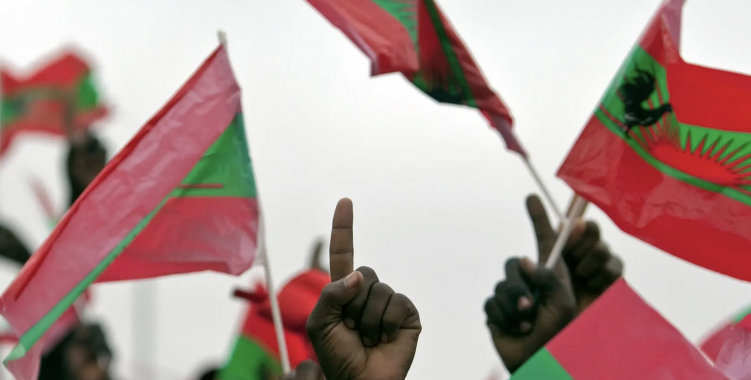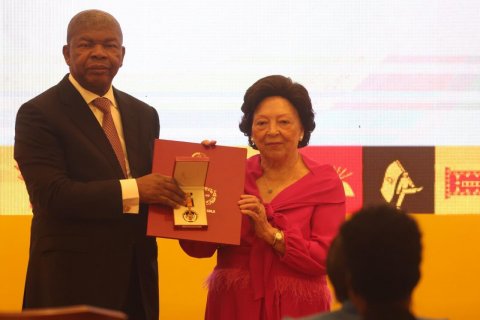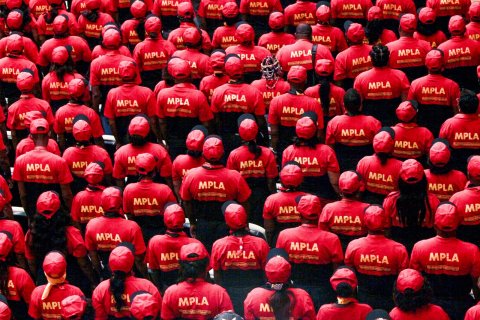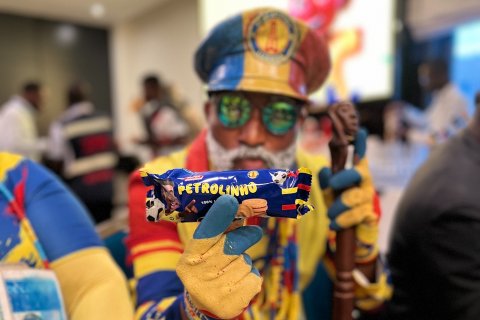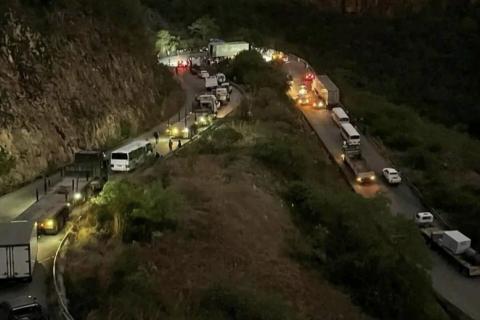"It is urgent that the government no longer turn a blind eye to the feeling of revolt, which grows daily in the hearts of Angolans, due to so much poverty," said the vice-president of the UNITA parliamentary group, Faustino Mumbika.
The parliamentarian from the National Union for the Total Independence of Angola (UNITA), who was presenting his party's political declaration at the plenary meeting, stated that Angolans deserve dignity, lamenting that, after almost 50 years of independence, Angolans are still "victims" of a lack of sanitation, good roads, good services, health, and education—above all, happiness—in their own land.
To support his statement, Mumbika said that Angola currently has more than 17 million poor people, 13 million people suffering from hunger, seven million unemployed, and more than four million children outside the education system.
The UNITA politician said citizens question why the government continues to deliver negative surprises, particularly with the increase in water, electricity, and fuel prices, the suspension of medical assistance to patients seeking treatment abroad, particularly in Portugal, and the prioritization of simplified hiring as a rule.
"After all, is this how you correct what's wrong?" he asked, noting that 23 years after the civil war and even with the approval of the Constitution and amnesty laws, the country "continues to witness physical assaults and murders for political reasons."
The nation's highest magistrate "does nothing and says nothing, and his aides adopt a political narrative based on settling accounts for past wartime events. Therefore, the State has failed in its essential mission," he stated.
The vice-president of the UNITA parliamentary group said that Angola lacks republican institutions and civil servants with the mission to protect the democratic and legal state and its citizens, deploring police attacks against citizens seeking to peacefully protest for better living conditions.
"The country is like a parade stage, with the executive branch at the podium, the audience composed mostly of the poor, and two carnival groups marching. The first group includes public servants, retirees, the unemployed, and citizens beset by poverty," he quipped.
The second group, he continued, includes security service agents, public order police, and rapid response police, who, playing the sound of superior orders and lethal weapons, dance to the rhythm of violence.
"This group suffers because it's not about violence; they know the protesters are their brothers, family members, neighbors, former colleagues, and that tomorrow, if this continues, they will be the next victim of the regime when they retire and demand better living conditions," concluded Faustino Mumbika, alluding to the latest demonstration suppressed by the police in Luanda.

